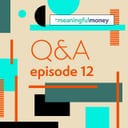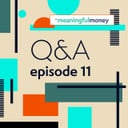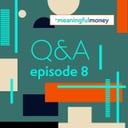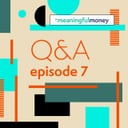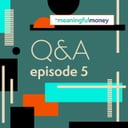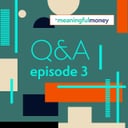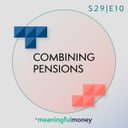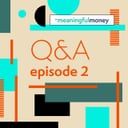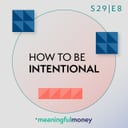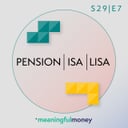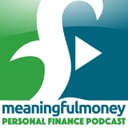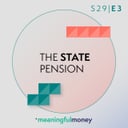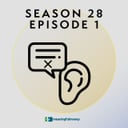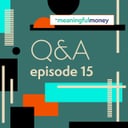
Listener Questions Episode 15
Another mixed bag of questions this week, including pension tax free cash, salary sacrifice for electric cars, de-risking a pension and buying gilts! Join us as we answer your most pressing questions! Shownotes: 01:05 Question 1 Love the show, and whilst not all relevant to my own circumstances, find it all very interesting and enjoyable. Question :-You regularly discuss taking the 25% tax free and what to do with the rest (annuity or drawdown) but need advice as I have 4 different pension pots, 3 frozen and 1 existing employer. I am looking to take the 25% from one of the frozen ones to pay off mortgage but not clear on the below: - Can I keep the remaining 75% in the pension scheme and not take either drawdown or annuity until a later date (when I take early retirement)? - More importantly, I am sure I have read that once you start to take your pension, the amount you can contribute is capped. How does this work if it is a frozen pension I am taking the 25% out of and would this impact on my current employer pension contributions? Thanks as always Paul 05:19 Question 2 Hi Pete and Roger, Absolutely love the show, after listening to yourself for a number of years, I'm 30 and would even go to say I'm financially savvy as a result of everything I've learned over the years I'm wondering if you could help me with a question? My retired dad was looking for an electric car and as I've got a salary sacrifice scheme with work it seemed the best way to get an electric car for him. My father said that he would give me the equivalent of the total rental amount in cash as I pay for the car via Salary sacrifice on a monthly basis. I'm obviously the policy holder, with the responsibility for it but my father would be named as a driver (unsure if this is relevant). This amount is around £35k, and I'm wondering if the worst was to happen (father kicking the bucket under 7 years) how would this be treated for tax purposes? As the money is in effect to pay for a good or service, ...

Listener Questions Episode 15
Another mixed bag of questions this week, including pension tax free cash, salary sacrifice for electric cars, de-risking a pension and buying gilts! Join us as we answer your most pressing questions! Shownotes: 01:05 Question 1 Love the show, and whilst not all relevant to my own circumstances, find it all very interesting and enjoyable. Question :-You regularly discuss taking the 25% tax free and what to do with the rest (annuity or drawdown) but need advice as I have 4 different pension pots, 3 frozen and 1 existing employer. I am looking to take the 25% from one of the frozen ones to pay off mortgage but not clear on the below: - Can I keep the remaining 75% in the pension scheme and not take either drawdown or annuity until a later date (when I take early retirement)? - More importantly, I am sure I have read that once you start to take your pension, the amount you can contribute is capped. How does this work if it is a frozen pension I am taking the 25% out of and would this impact on my current employer pension contributions? Thanks as always Paul 05:19 Question 2 Hi Pete and Roger, Absolutely love the show, after listening to yourself for a number of years, I'm 30 and would even go to say I'm financially savvy as a result of everything I've learned over the years I'm wondering if you could help me with a question? My retired dad was looking for an electric car and as I've got a salary sacrifice scheme with work it seemed the best way to get an electric car for him. My father said that he would give me the equivalent of the total rental amount in cash as I pay for the car via Salary sacrifice on a monthly basis. I'm obviously the policy holder, with the responsibility for it but my father would be named as a driver (unsure if this is relevant). This amount is around £35k, and I'm wondering if the worst was to happen (father kicking the bucket under 7 years) how would this be treated for tax purposes? As the money is in effect to pay for a good or service, ...




